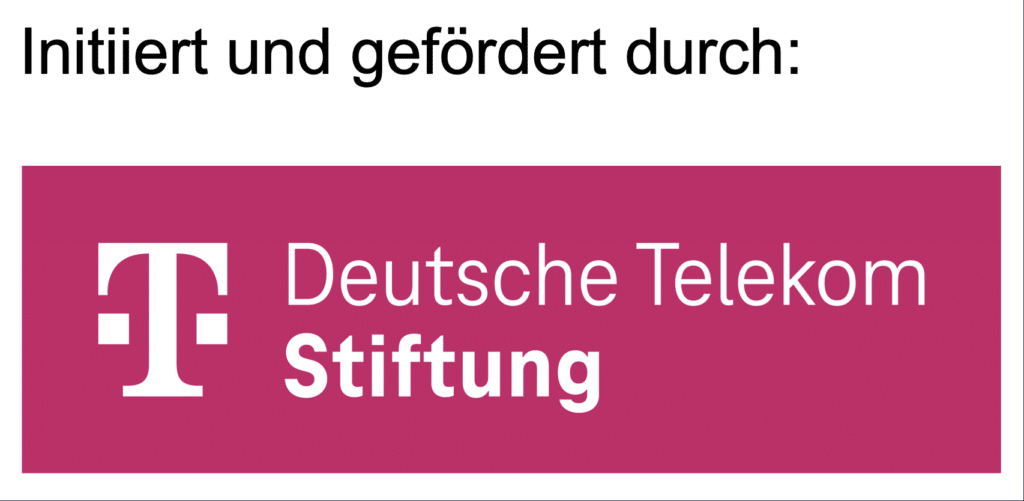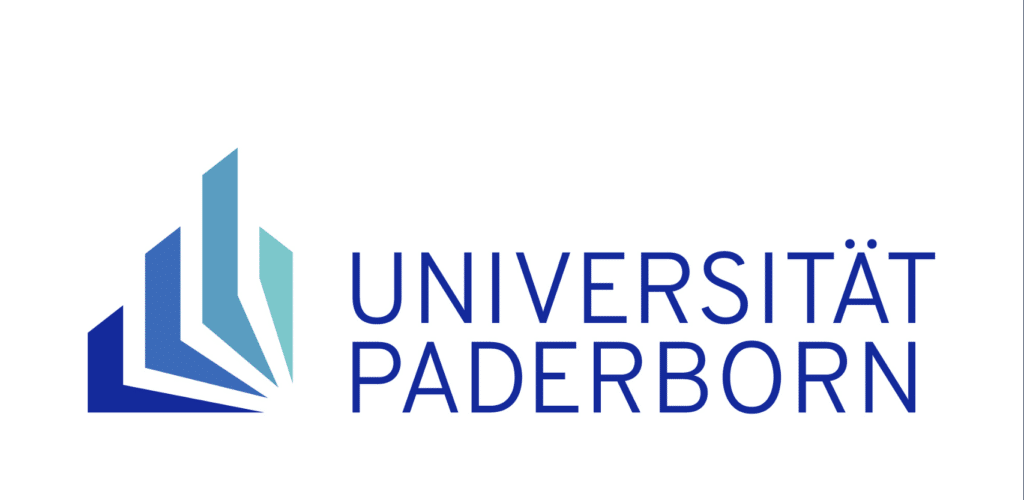Abstract
The data landscape is in a continued state of flux. New sorts and sources of data emerge from new creators; new ways to interact with data are created; we ill-understand the ways new information shapes beliefs and actions. Here, I will map out some of the elements in the evidence ecosystem – producers and consumers, both well- and ill- intentioned. What do students need to learn, if they are to navigate this brave new world? We will explore the needs of future citizens in their roles as spectators, referees and players in this ecology, and consider how well these needs map onto conceptual frameworks describing statistical literacy, and data science.
Bio Arnold Pears

Jim Ridgway is an emeritus professor at Durham University, with a background in cognitive psychology. Past work has included the creation of materials to develop mathematical thinking on undergraduate courses in the USA, creation of computer-based materials to identify students in poorly-supported communities who have a flare for STEM (subsequently used in 20+ countries), work with the House of Commons Library to provide (huge amounts of) data accessible to citizens via their phones (along with some gamification), design and delivery of the first OECD workshop for politicians and policy makers on evidence-informed decision making, EU-funded projects on girls and STEM; and ProCivicStat, an Erasmus-funded collaboration between 5 countries which has developed materials to engage students with issues such as poverty, migration, gender inequality and racism.
A current project entitled firing up the epistemological engine plans to use AI (and conventional methods) to challenge some current research practices and conclusions in science and medicine.
Latest book: Teaching Data Science and Statistics (eds. MacGillivray, Gould, Ridgway Special Edition of Teaching Statistics (vol 43, Summer 2021)
Forthcoming: J. Ridgway (Ed.), Statistics for Empowerment and Social Engagement: teaching civic statistics to develop informed citizens. Springer.



